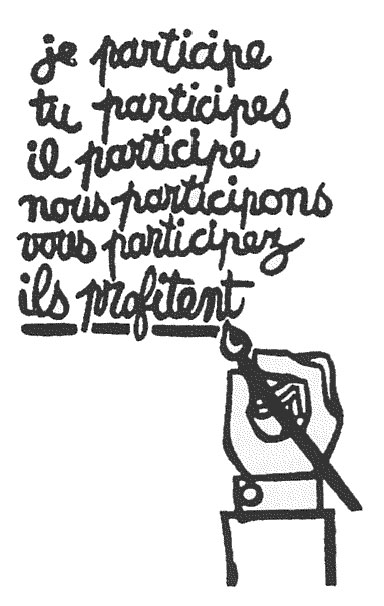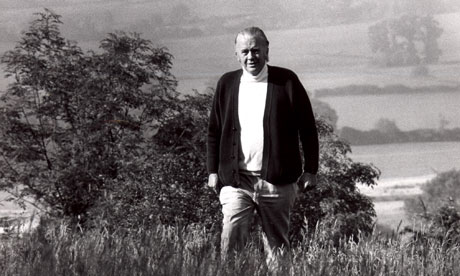Friday, April 01, 2011
language chains
Language is not brilliant but it is more or less all we have by way of communicating with others (or, is 80% non-verbal?)
More ...
Thursday, March 31, 2011
connections
March 31, 2011
Tricycle Daily Dharma
The Illusory Nature of Phenomena
When we look around us, we can see that nothing exists in isolation, which is another way of saying that everything is interdependent. Everything depends upon an infinite number of causes and conditions to come into being, arise, and fall away moment by moment. Because they are interdependent, things don’t possess a true existence of their own.
For instance, how could we separate a flower from the many causes and conditions that produce it —water, soil, sun, air, seed, and so forth? Can we find a flower that exists independently from these causes and conditions?
Everything is so intricately connected, it is hard to point to where one thing starts and another ends. This is what is meant by the illusory or empty nature of phenomena.
Dzigar Kongtrül Rinpoche, "The Theater of Reflection"
Tricycle Daily Dharma
The Illusory Nature of Phenomena
When we look around us, we can see that nothing exists in isolation, which is another way of saying that everything is interdependent. Everything depends upon an infinite number of causes and conditions to come into being, arise, and fall away moment by moment. Because they are interdependent, things don’t possess a true existence of their own.
For instance, how could we separate a flower from the many causes and conditions that produce it —water, soil, sun, air, seed, and so forth? Can we find a flower that exists independently from these causes and conditions?
Everything is so intricately connected, it is hard to point to where one thing starts and another ends. This is what is meant by the illusory or empty nature of phenomena.
Dzigar Kongtrül Rinpoche, "The Theater of Reflection"
Sunday, March 27, 2011
enoughness
Celebrating the concept of "enoughness", Silva (Rohan Silva, senior policy adviser to the prime minister) claimed that "the three pillars of the 'big society' are all consistent with Schumacher". These pillars are,
More ...
- the decentralisation of power;
- public service reform; and
- social community reform helping people to come together to work responsibly for the common good.
More ...
beautiful
Man's task is twofold, first "to fully develop oneself" and second, "to form one's relationship to other people – family, groups, one's countrymen, mankind – sensibly, ethically, or expressed quite simply, with joy." (Schumacher, 1948)
"We can, each of us," (Schumacher) writes, "work to put our inner house in order." The guidance for this task, he concluded, should not come from the state, or from science and technology, but from humanity itself, "the traditional wisdom of mankind".
More ...
"We can, each of us," (Schumacher) writes, "work to put our inner house in order." The guidance for this task, he concluded, should not come from the state, or from science and technology, but from humanity itself, "the traditional wisdom of mankind".
More ...
Subscribe to:
Comments (Atom)






